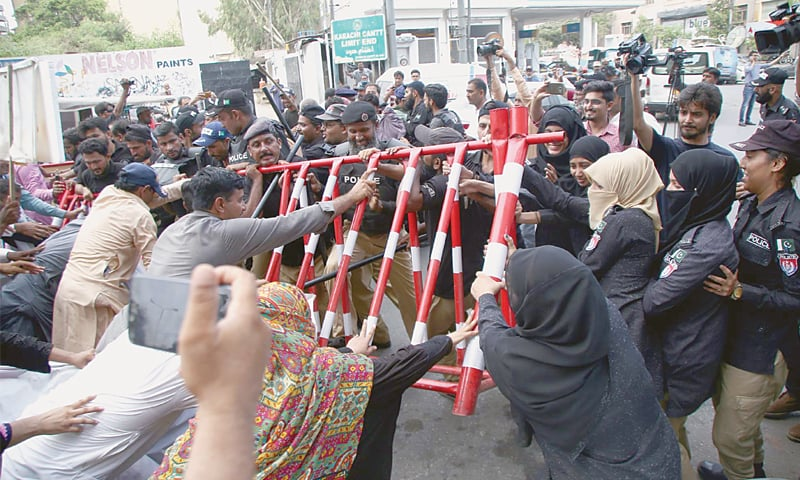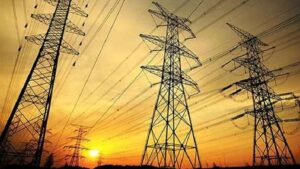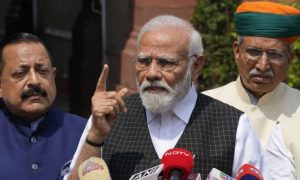LAHORE: A wave of unrest has swept across the education sector as teachers protest the government’s plan to reduce pensions.
Concerns have been expressed concerning the privatization of the education system and its influence on public schools as a result of the controversial decision. The protests, which have gotten a lot of attention, aren’t only about teachers. Rather, discontent with government policy extends across a wide range of public sector employees, from janitors to high-ranking officials, who have long relied on pension benefits as part of their retirement plans. These pensions have proved critical for many people in supporting life events such as their children’s education or home maintenance.
Employees are concerned about their financial status after retirement as a result of the government’s recent decision to reduce their pension benefits. The workers’ outcry has developed into a bigger movement, including a significant portion of the working population.
This protest is fueled by more than simply self-interest; teachers are concerned about the potential deterioration of the educational system as a whole. The government’s actions threaten to harm educational quality, particularly for the children of public servants who attend government schools.
Pension cuts are closely connected to a bigger political arrangement with international financial institutions such as the IMF. As part of this deal, the government is selling off national assets and institutions to acquire revenue for debt repayment and foreign currency reserves.
Read Also: Pakistan, Romania Agree to Strengthen Bilateral Relations
The public education system is one of the most important assets at risk. These schools mostly serve the children of white-collar workers, as those with greater salaries tend to select private schools with expensive fees for education. The danger now is that as the quality of public education deteriorates, the children from the middle and working classes who attend these schools will suffer a severe lack of opportunities.
Privatization on the Horizon
The government has handed over the responsibility of privatizing public schools to a caretaker government, giving them unprecedented power. This action has sparked fears that these schools would soon be taken over by foreign non-governmental organizations (NGOs), which will charge their own fees and adopt their own curriculum. As protests intensify, they emphasize the crucial need for balanced and equitable policies that meet the educational requirements of the entire population, regardless of socioeconomic status.

























